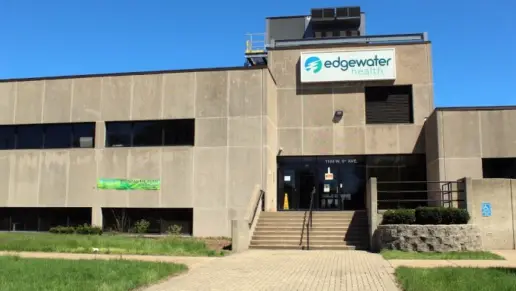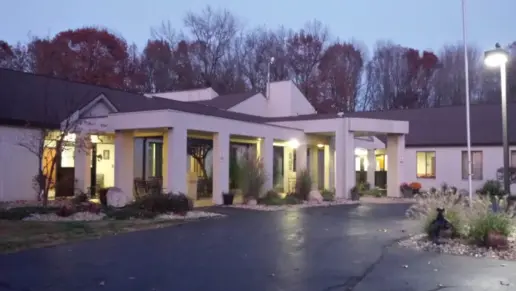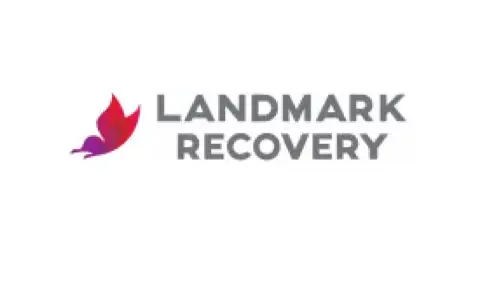About Aspire Indiana Health
Aspire Indiana Health offers substance use disorder treatment on an outpatient basis at all of its Central Indiana clinics. Referrals to inpatient addiction treatment centers or recovery residences are made as needed. Licensed addiction professionals create a personal and confidential plan tailored to each client's specific needs.
It isn’t about where your recovery journey begins, but where you’re going.
Aspire Indiana Health approaches the treatment of substance use disorder with a philosophy of support, not stigma.
Aspire and Progress House have joined forces to offer an evolution of addiction treatment, which we refer to as the Whole Health Recovery Continuum (WHRC).
Instead of scattering the pieces to the recovery puzzle and expecting people to find them, the WHRC brings everything needed for a highly-effective recovery program, including a stable, safe place to live.
In this continuum of care, there is no right or wrong place to enter treatment. Some may begin their recovery journey at a high-intensity treatment center, like our Mockingbird Hill Recovery Center in Anderson.
Others might go straight to a recovery residence like Progress House in Indianapolis, where they can enjoy peer support while gaining the skills and stability they need to reclaim their lives and then onto the Next Steps housing program, a network of semi-independent recovery homes.
Some people may able to receive addiction treatment strictly on an outpatient basis at one of our Central Indiana clinics.
Wherever they enter the continuum, they’ll receive the comprehensive help they need. Primary medical care. Behavioral health therapy. Peer support groups, including 12 Step Recovery Programming. Medication-Assisted Treatment (MAT). Individual case management. Education and job training. And more services — all in one seamless continuum.
For some people, they may naturally progress from a high-intensity treatment facility through a recovery residence to semi-independent recovery housing. Others might start and leave from the same point in the continuum. It all depends on the nature of their individual needs to chart the path their recovery journey will take.
But the goal is the same for everyone: to reach a stage of long-term recovery where the disease of substance use disorder (SUD) is no longer controlling their lives.
Latest Reviews
Rehab Score
Gallery
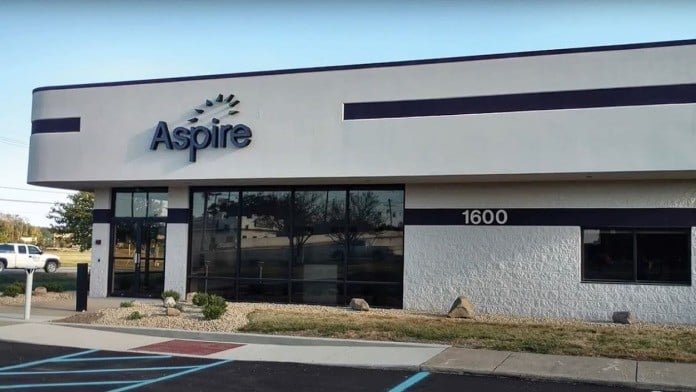
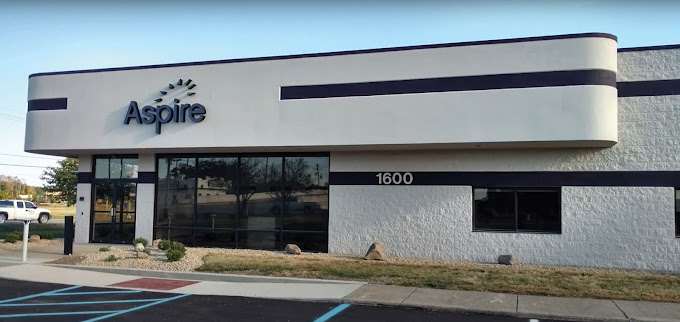
Location
Accepted Insurance
Other Forms of Payment
Private insurance refers to any kind of healthcare coverage that isn't from the state or federal government. This includes individual and family plans offered by an employer or purchased from the Insurance Marketplace. Every plan will have different requirements and out of pocket costs so be sure to get the full details before you start treatment.
Self-pay involves paying for treatment out of your own pocket. You can use savings or credit, get a personal loan, or receive help from family and friends to fund your treatment. If you don't have insurance or your insurance plan doesn't cover a specific program, self-pay can help ensure you still get the care you need.
Financial aid can take many forms. Centers may have grants or scholarships available to clients who meet eligibility requirements. Programs that receive SAMHSA grants may have financial aid available for those who need treatment as well. Grants and scholarships can help you pai for treatment without having to repay.
Medicare is a federal program that provides health insurance for those 65 and older. It also serves people under 65 with chronic and disabling health challenges. To use Medicare for addiction treatment you need to find a program that accepts Medicare and is in network with your plan. Out of pocket costs and preauthorization requirements vary, so always check with your provider.
Medicaid is a state based program that helps lower-income individuals and families pay for healthcare. Medicaid covers addiction treatment so those enrolled can use their coverage to pay for rehab. When a program accepts Medicaid the client often pays very little or nothing out of their own pocket.
Military members, veterans, and eligible dependents have access to specific insurance programs that help them get the care they need. TRICARE and VA insurance can help you access low cost or no cost addiction and mental health treatment. Programs that accept military insurance often have targeted treatment focused on the unique challenges military members, veterans, and their families face.
Addiction Treatments
Levels of Care
Treatments
Mental health rehabs focus on helping individuals recover from mental illnesses like bipolar disorder, clinical depression, anxiety disorders, schizophrenia, and more. Mental health professionals at these facilities are trained to understand and treat mental health issues, both in individual and group settings.
Programs


Clinical Services
Group therapy is any therapeutic work that happens in a group (not one-on-one). There are a number of different group therapy modalities, including support groups, experiential therapy, psycho-education, and more. Group therapy involves treatment as well as processing interaction between group members.
In individual therapy, a patient meets one-on-one with a trained psychologist or counselor. Therapy is a pivotal part of effective substance abuse treatment, as it often covers root causes of addiction, including challenges faced by the patient in their social, family, and work/school life.
Amenities
-
Residential Setting
-
Private Setting
Accreditations

The Joint Commission, formerly known as JCAHO, is a nonprofit organization that accredits rehab organizations and programs. Founded in 1951, the Joint Commision's mission is to improve the quality of patient care and demonstrating the quality of patient care.
Joint Commission Accreditation: Yes
Contact Information
1600 West Main Street
Lebanon IN, 46052







